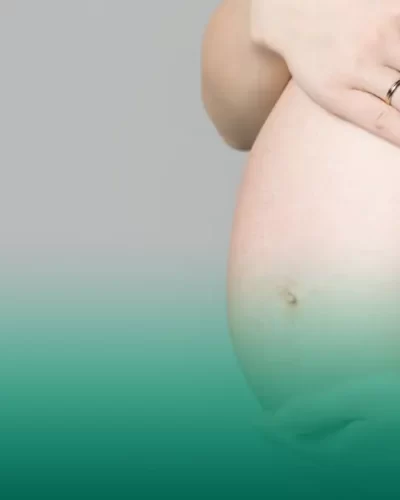Antibiotics
It is undesirable to take antibiotics and drugs with teratogenic effects, as they can provoke the appearance of congenital pathologies. Self-medication is unacceptable. It is important to consult a doctor even if you feel minor discomfort.
Extreme sports, long trips
Avoid extreme sports such as diving and skiing, as well as horse riding and skydiving. These activities can pose a risk to pregnancy, increasing the risk of injury and fetal loss. Also avoid situations that may cause high levels of adrenaline.
If you have placenta previa or premature cervical dilatation, women should avoid flying throughout pregnancy. For those in good health, it is recommended to avoid flying after the 36th week of pregnancy due to the possible risk of premature birth.
Exposure to childhood infections such as chickenpox and rubella should be avoided. It is especially important to avoid infectious diseases in the first trimester of pregnancy. It is also recommended to avoid travel to countries with high rates of malaria, typhoid fever and Zika.
Some herbs
Herbal compositions containing plants such as tansy, St. John’s wort, aloe, anise, water pepper, cloves, serpentine, calendula, clover, wormwood and senna can cause miscarriage during pregnancy.
Pay attention to the procedures you attend
Cosmetic procedures such as mesotherapy, Botox injections and photoepilation should be avoided during pregnancy due to the potentially unpredictable effects on the health of the expectant mother and baby. Visiting a Russian bath or sauna is not recommended during pregnancy, especially if you are not used to these procedures.
Watch your diet
When choosing dishes in restaurants and purchasing groceries, you need to be extra careful. Raw meat, fish and seafood can contain parasites, which pose a serious threat to the health of a pregnant woman and her baby.
Alcohol and tobacco smoke
It is recommended to limit alcohol consumption and avoid excessive consumption. It is especially important to abstain from drinking alcohol until the 21st week of pregnancy, until the formation of the embryo’s organs is completed. Tobacco smoke has a negative effect on the placenta, which is a serious threat to the development of the fetus and can lead to the risk of growth retardation and premature birth.






